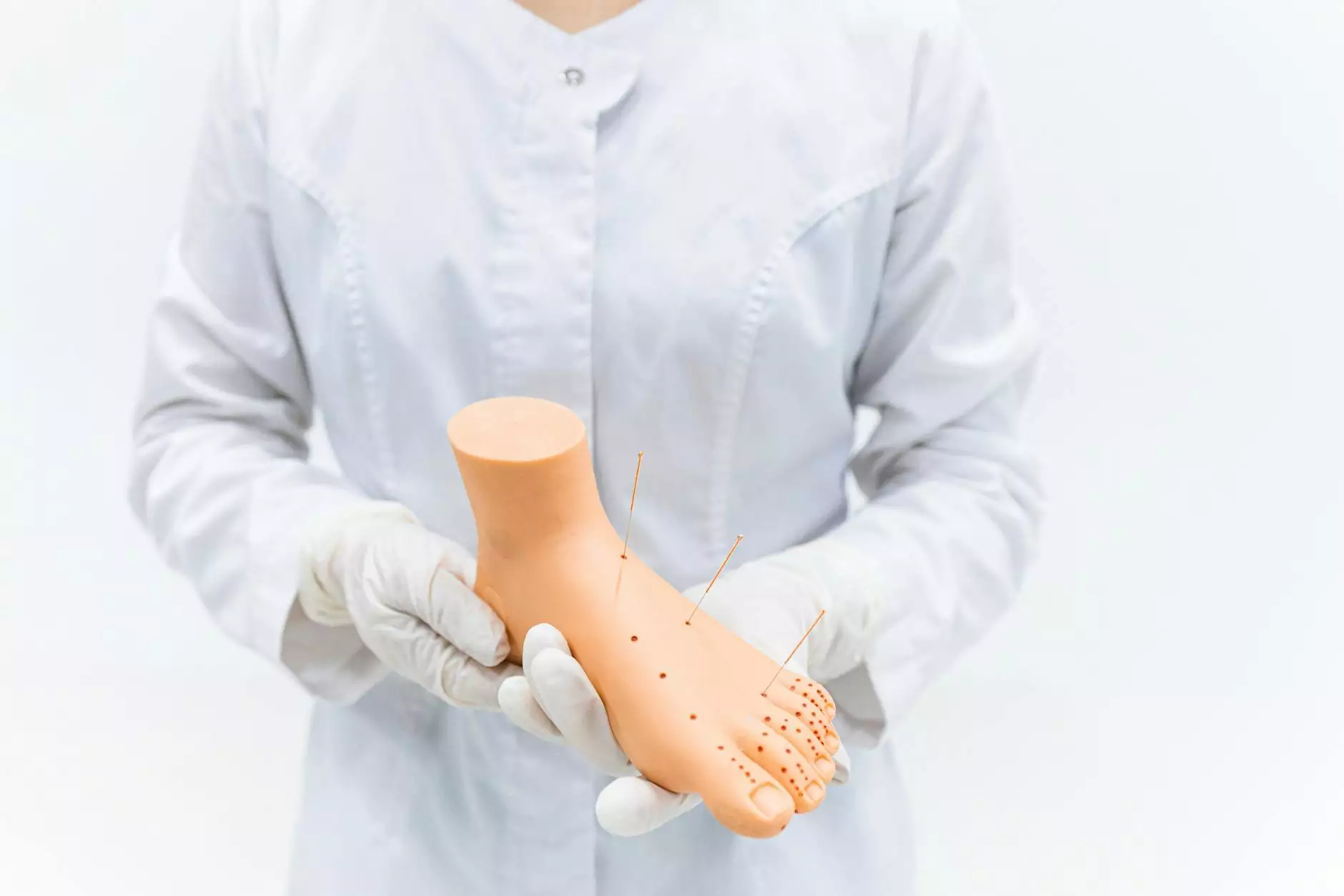Understanding the Role of Medical Coding Training in Healthcare

In the modern healthcare environment, medical coding has emerged as a crucial element that underpins the entire system. Medical coding professionals serve as the link between healthcare providers and insurance companies, ensuring that medical claims are accurately processed. This article delves into the significance of medical coding training, the essential skills needed, and why it is a vital career path for aspiring healthcare professionals.
What is Medical Coding?
Medical coding refers to the practice of translating healthcare services, procedures, and diagnoses into universal medical alphanumeric codes. It plays a pivotal role in ensuring that healthcare providers are compensated for their services effectively while maintaining compliance with various regulations.
The Process of Medical Coding
The process generally consists of:
- Reviewing clinical statements and assigning standard codes using a classification system.
- Communicating these codes to insurance companies to facilitate billing and reimbursement.
- Updating and reviewing individual patient records to guarantee accuracy.
Because of the intricate nature of the healthcare system, the demand for skilled medical coders continues to rise, making the need for medical coding training vital for those entering the field.
Why Medical Coding Training Matters
Medical coding training is essential for several reasons, each intertwined with the operational and legal integrity of the healthcare industry:
1. Accuracy in Healthcare Billing
Training ensures that professionals are proficient in billing codes, which minimizes errors. This accuracy is crucial as even minor mistakes can lead to:
- Financial loss for healthcare providers.
- Delayed reimbursements from insurance companies.
- Increased scrutiny from regulatory bodies and potential audits.
2. Keeping Up with Regulatory Changes
The healthcare field is subject to constant regulatory changes, including updates to coding systems and insurance policies. An effective medical coding training program teaches students how to:
- Stay updated with the latest coding guidelines.
- Implement changes in coding practice efficiently.
3. Career Opportunities and Job Security
As the U.S. healthcare system grows, so does the need for coders. Medical coding training opens the door to a range of career opportunities, including:
- Certified Professional Coder (CPC)
- Medical Billing Specialist
- Health Information Technician
Moreover, many coders enjoy job security and opportunities for advancement, which makes this field appealing.
Key Skills Developed Through Medical Coding Training
Enrolling in a medical coding training program helps students cultivate a variety of essential skills that are pivotal in their professional journey:
1. Attention to Detail
Coding requires a meticulous approach. A small oversight can drastically affect billing and coding accuracy. Training helps instill an eagle-eye for detail.
2. Knowledge of Medical Terminology
A solid foundation in medical terminology is necessary for understanding the procedures and diagnoses being coded. This knowledge is best acquired through formal training.
3. Analytical Skills
Professionals must possess strong analytical skills to interpret physician notes correctly and choose the correct codes based on that information.
4. Familiarity with Coding Systems
Training provides familiarity with coding systems such as:
- ICD-10 (International Classification of Diseases)
- CPT (Current Procedural Terminology)
- HCPCS (Healthcare Common Procedure Coding System)
Getting Started with Medical Coding Training
For those interested in pursuing a career in this field, here are the primary steps to join a medical coding training program:
1. Research Accredited Programs
Begin by researching accredited colleges or online platforms that provide comprehensive training in medical coding. Key aspects to consider include:
- Curriculum content.
- Certification options offered.
- Reviews and success stories from alumni.
2. Enroll in the Program
Once you find the right program, complete the enrollment process and gather the materials necessary for your studies.
3. Commit to Learning
Dedicate time to studying, practicing, and understanding the coursework. Take advantage of any workshops or extra training opportunities that may arise.
Certification and Continuing Education
After completing your training, obtaining certification is crucial. Certifications validate your skills and knowledge. Here are a few leading certifications in the field:
- AAPC Certified Professional Coder (CPC)
- AHIMA Registered Health Information Technician (RHIT)
- AHIMA Certified Coding Specialist (CCS)
Continuing Education
The journey doesn’t end with certification. Continuing education is vital in keeping your skills up-to-date, especially with regular changes in the medical coding landscape.
The Future of Medical Coding
The field of medical coding is undergoing significant transformations, driven by advancements in technology. Here’s what to expect in the coming years:
1. Automation and Advanced Technologies
Artificial Intelligence and machine learning are paving the way for greater efficiency in medical coding. Automated coding systems are expected to assist professionals, reducing the burden of manual coding.
2. Increased Demand for Coders
As healthcare continues to expand, job opportunities for skilled coders will rise. Demand for certified coders is particularly strong due to the increasing emphasis on patient data integrity and regulatory compliance.
Conclusion
Medical coding training is a vital investment for anyone seeking a sustainable career in the healthcare industry. With the accurate translation of healthcare procedures and diagnoses into codes, coders play a fundamental role in the healthcare ecosystem. The various skills and knowledge gained through committed training programs not only provide foundational capabilities but also open doors to myriad career opportunities. The future is bright for those who pursue medical coding training—a path that promises job security, career advancement, and personal fulfillment within the healthcare sector.
For further information and resources on medical coding education, visit medesunglobal.com.








